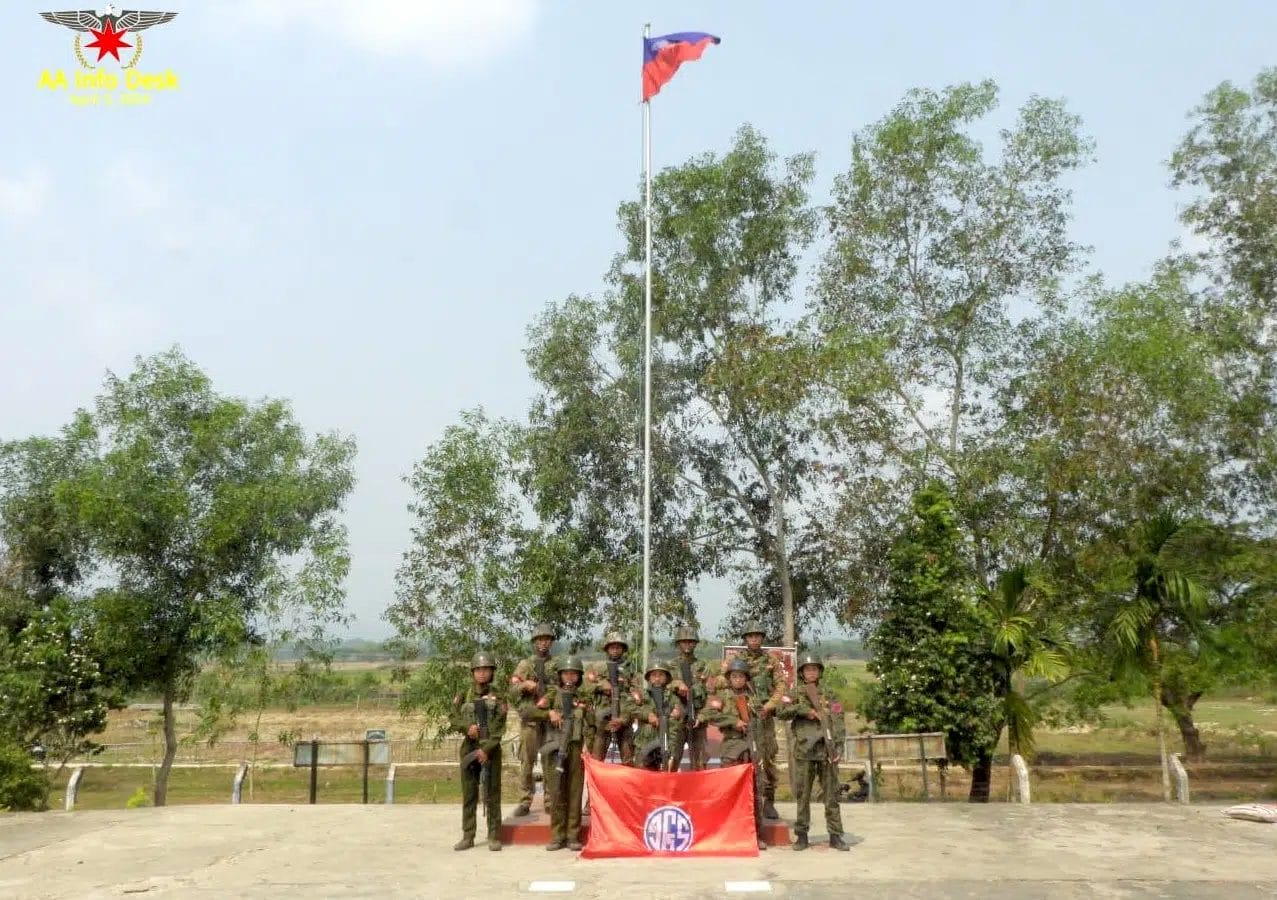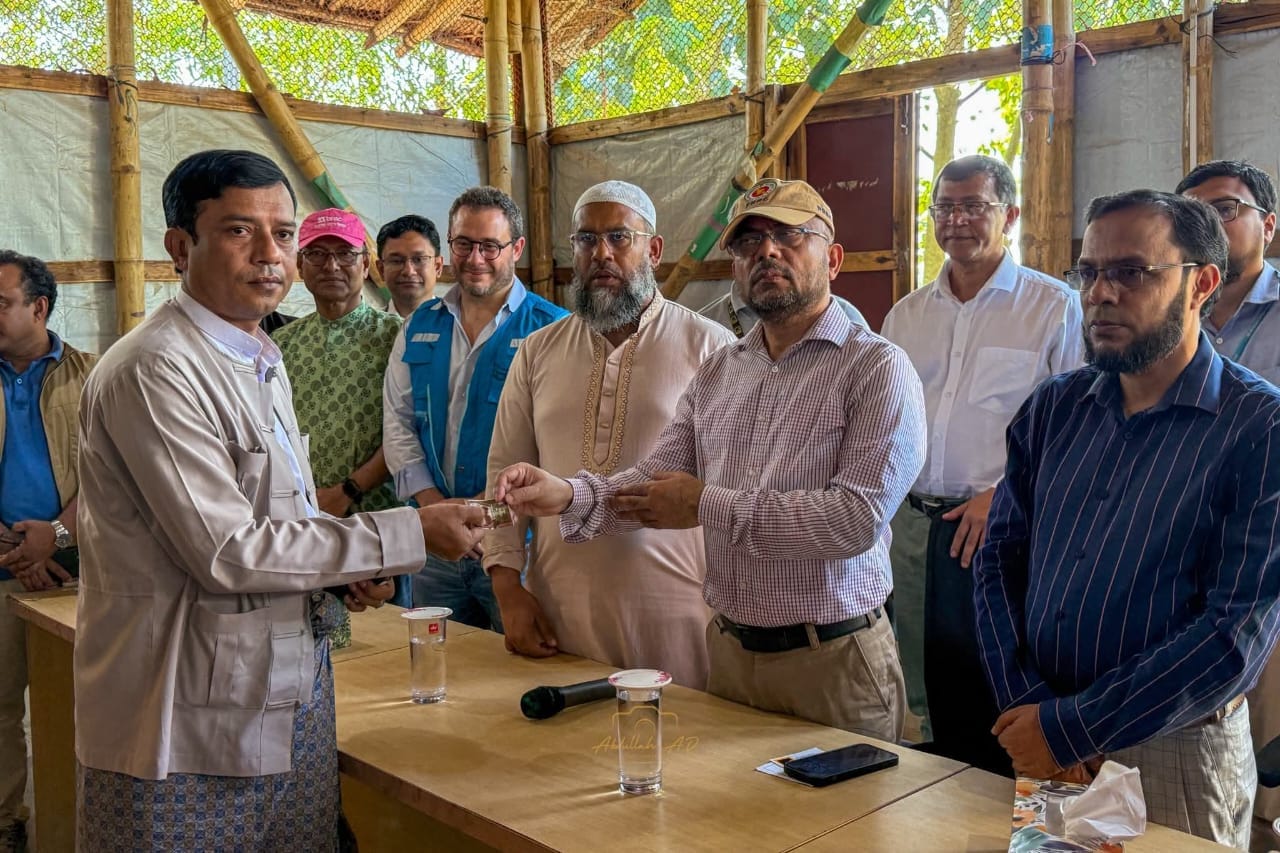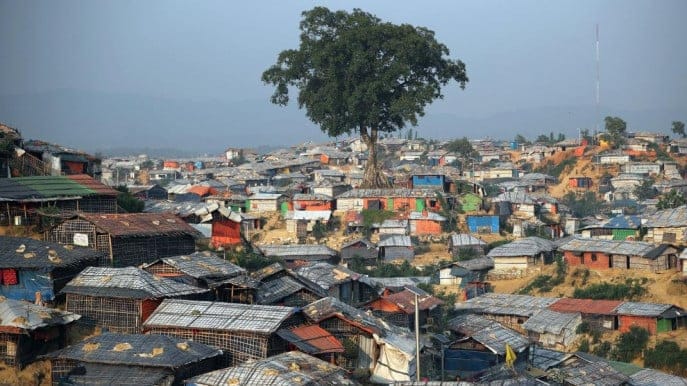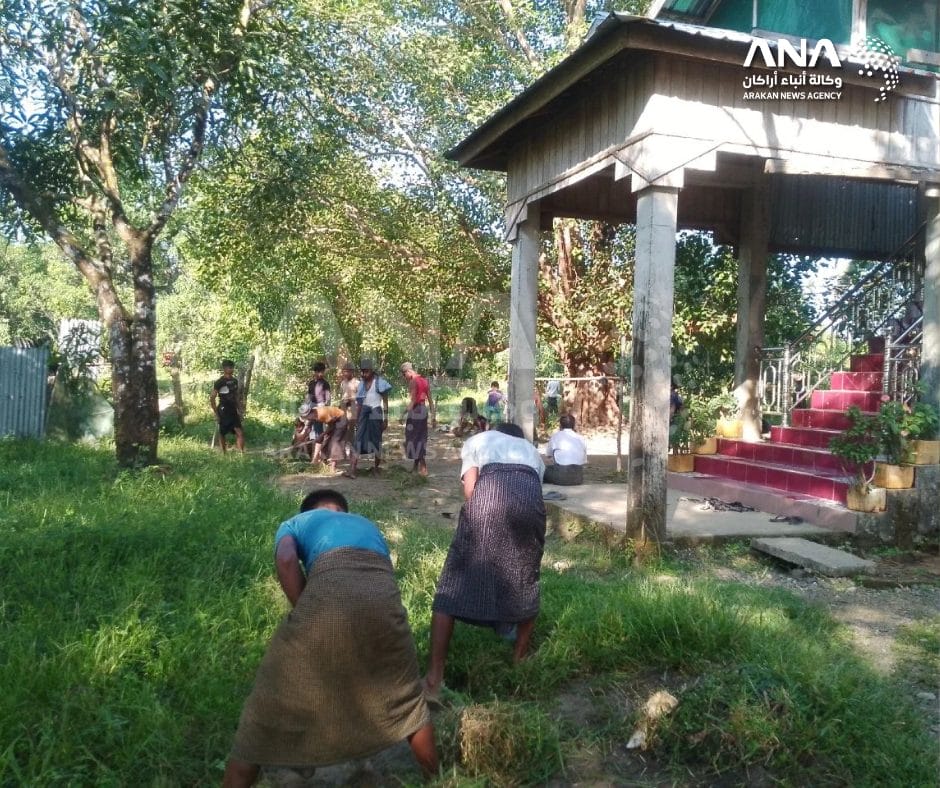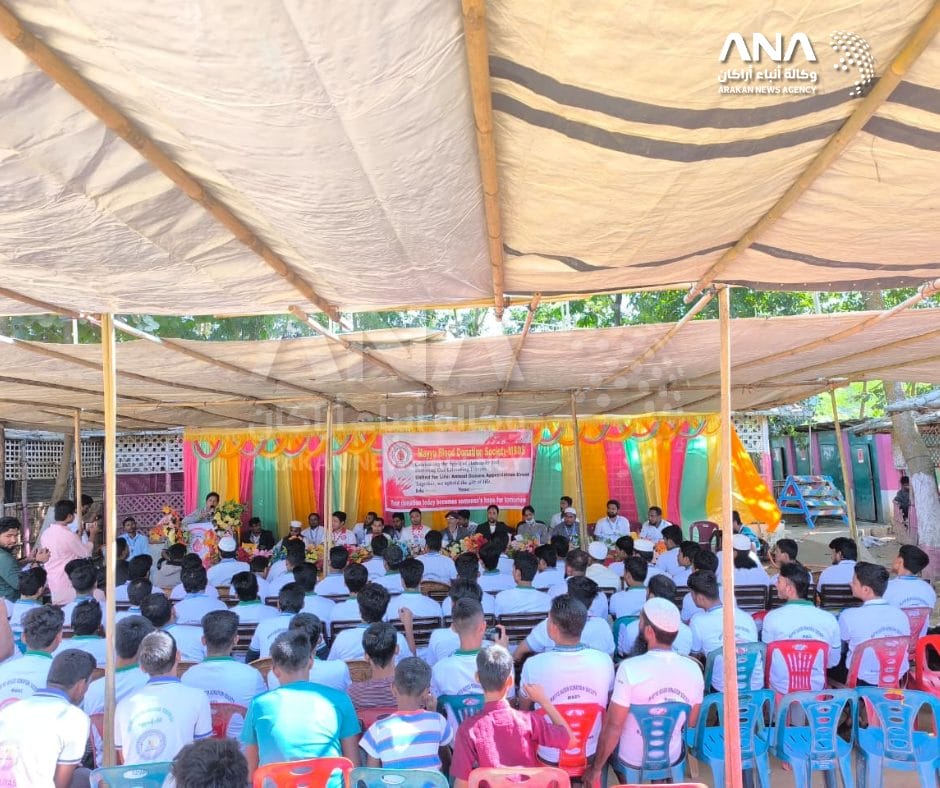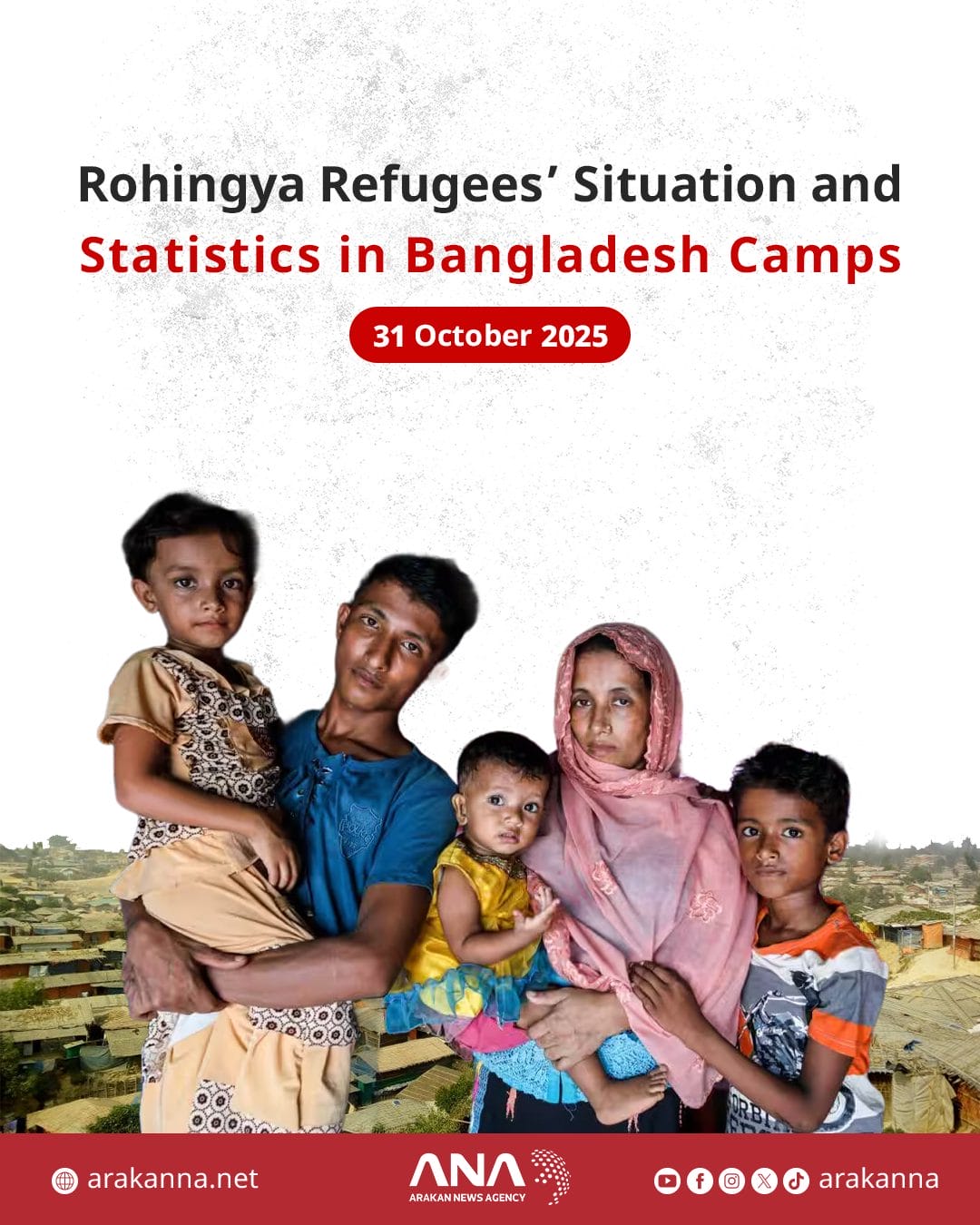Arakan News Agency | Exclusive
On August 18, the Arakan Buddhist militia (Arakan Army) imposed hefty financial taxes on Rohingya shops in the city of Buthidaung in Arakan State, western Myanmar, at a time when residents are facing critical humanitarian conditions and shortages in food and resources.
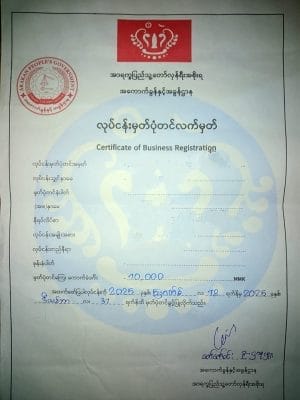
Local sources told the Arakan News Agency that the taxes ranged from 60,000 kyats (1 dollar = 4500 kyats) on the smallest stalls, such as betel shops, to 210,000 kyats on medium-sized shops, and up to 310,000 kyats on large shops.
According to testimonies, militia members issued two certificates for each merchant: the first proving the payment of 10,000 kyats, which was requested to be displayed inside the shop, while the second recorded the remaining amount to be kept at home. Traders were informed that these taxes would remain in effect until the end of December 2025, with a new cycle to begin in January 2026.
One shopkeeper, preferring to remain anonymous, said: “One of the United League of Arakan (ULA) officials told us that these are standard taxes imposed everywhere, and if we want to continue working, we have to pay them. But our profits today barely suffice to support our families, and with the current high prices, these taxes become a suffocating burden on our survival.”
The taxation also extended to other residents in Buthidaung, with reports stating that Rohingya students were forced to pay 10,000 kyats each under the pretext of supporting teachers in one village.
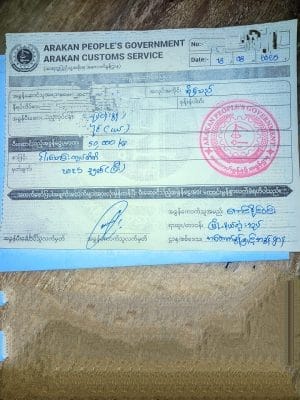
This comes at a time when the Arakan Army, an armed faction demanding autonomy, controls about 90% of Arakan State, including Buthidaung, for nearly two years, while the Rohingya continue to suffer from blockade and denial of the most basic necessities of life.
Under the rule of the Arakan Army, the Rohingya suffer from widespread violations, including the closing of their homes after malicious accusations, seizure of their property, confiscation of their valuable possessions, displacement of many families, and imposing strict restrictions preventing their movement between villages, after restricting it through a network of security checkpoints at the entrances and exits of every Rohingya village.
The Arakan militia launched a military campaign in November 2023 against the Myanmar Army to control the state and managed to seize control of 14 out of 17 towns. The conflict’s impact fell heavily on the Rohingya, who suffered violence, forced displacement, and persecution from both sides, following a campaign of genocide by the Myanmar Army in 2017, which forced nearly a million to flee to Bangladesh.

